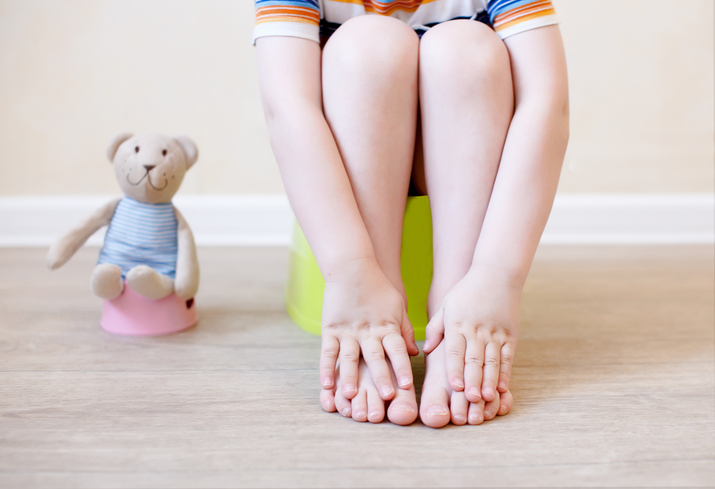Discipline Resources
The Foundations of Discipline
Back To Basics – What to do when nothing seems to work
The Basics
- Nurturing love
- Children tear easily
- Remember the iceberg
The real goal of parenting is to help children grow up to be their very best – happy, confident, creative, intelligent and emotionally healthy. But as a parent, it’s easy to react with frustration, anger, and annoyance when your child constantly misbehaves!
We have the best of intentions until our child pushes our button. Then our perfect parenting ideas quickly get pushed aside, and we find ourselves falling right back into the same old power struggles with our child. What can you do when you think you have tried everything? Here are some reminders, and principles for raising a co-operative child.
The basics: Nurturing Love
Children need a nurturing environment to be their best. Dr’s Brazelton and Greenspan, renowned American child researchers, state, “Nurturing emotional relationships are the most crucial primary foundation for both intellectual and social growth.”
In other words, when you give your child nurturing love you’re providing the best foundation for them to be smart and co-operative. The most important factor in raising a co-operative child is the quality of your relationship with your child. It is far more significant than learning a new skill or technique
The basics: Children Tear Easily
Wounded children misbehave! And it’s easy to wound, even unintentionally. Yelling, blaming, shaming, and humiliating cause severe wounding, and make a child feel bad. And children who feel
The Basics: Iceberg therory
To understand an iceberg you have to look below the surface because that’s where the bulk of it is. The same is true for your child’s misbehaviour. If you simply focus on their behaviour, you’ll miss the real cause of it. Behind every behaviour are feelings and thoughts. The behaviour is not the cause – it’s simply the expression of a feeling and thought. To effectively deal with your child’s behaviour, you need to first understand what your child is feeling; feelings cause behaviour. Through punishment set of rules, or techniques for coping with your child.
When children misbehave it indicates that their needs are not being met. Because of their limited verbal skills, our goal as parents is to discover what it really is our children are trying to tell us, and what they need from us. What’s nurturing love? It’s when you are emotionally connected to your child. Giving focused attention and attuned listening are important ways to build strong connections with your child. When children don’t feel understood, they misbehave. bad, act badly. Nurturing love seeks to understand our child. It knows pointing out deficiencies never motivates.
By using force (smacking, yelling, threats), you can maybe get the right behaviour, but it will cause feelings of rebellion within your child – which simply results in more misbehaviour. But punishment will never deal with the underlying cause. Understanding and allowing your child to feel their emotions, is a powerful way to meet your child’s deepest needs.
See the next three foundational principles:
4. Techniques are most effective if you have first built connection
5. Be flexible in your use of techniques
6. What if the technique doesn’t work?
The basics: Techniques require connection
Don’t think discipline techniques (time-out, quiet time, and logical consequences), will solve your discipline hassles, if you haven’t taken the time to build strong connections with your child. Our advice is, work harder on the connection than on the technique. You build strong connections with your child when you give them nurturing love: listen to them, spend quality time with them, and get involved in their activities. But having said that, discipline techniques are important skills parents can use to help develop their child’s self-discipline.
The basics: technique flexibility is king
Parents usually have one favourite discipline technique that is used for all situations. Children are uniquely different, so what works with one child might not work for another. Having a range of discipline techniques gives you a choice. Think of techniques fitting into 2 categories:
Techniques to increase desired behaviour:
- Spending quality time with your child (Yes . . . this is a great way to discipline a child!)
- Using a warm, gentle tone of voice
- Giving plenty of physical affection
- Stopping your work and talking with your child (turn off TV, stop peeling the potatoes)
- Setting a good example through modelling
Techniques to reduce problem behaviour:
- Establish clear and consistent limits
- Logical consequences – either taking the child from the activity, or the activity from the child. For example, child takes a toy from another child – remove the toy for 5 minutes; child throws food at the dinner table – remove their plate for 5 minutes.
- Quiet time – when child misbehaves they are removed from the activity and made to sit quietly on chair, but they still stay in the room with you.
- Time-out – involves removing child to another room away from family members for a specified time (1 minute for every age of the child).
- Planned ignoring – the withdrawal of attention while the problem behaviour continues.
- Planned activities – providing enjoyable activities in specific high risk situations (going shopping, traveling in the car).
The basics: what if the technique doesn’t work?
Every parenting situation is unique, so no single technique will work for every child. Unfortunately there is no one best way to discipline misbehaving children, apart from providing him or her with nurturing love! So if your technique doesn’t work, DO SOMETHING DIFFERENT. No technique is better than another, so experiment with something new, and carefully note your child’s response. If the new approach seems to be working, keep it up. If not, try a different approach. Finding the right technique is a trial and error process. Don’t be discouraged if one method doesn’t work – try another one. Someone has wisely said that to keep doing more of the same thing while expecting different results is insanity!
So if what you are currently doing isn’t working, don’t think doing more of it will work better. It won’t . . . guaranteed! Try a new approach. Your child has inside of them everything they need to become their very best. Your parenting role is to provide the home environment where they can grow, learn, and flourish. And remember, it all begins with nurturing love.



